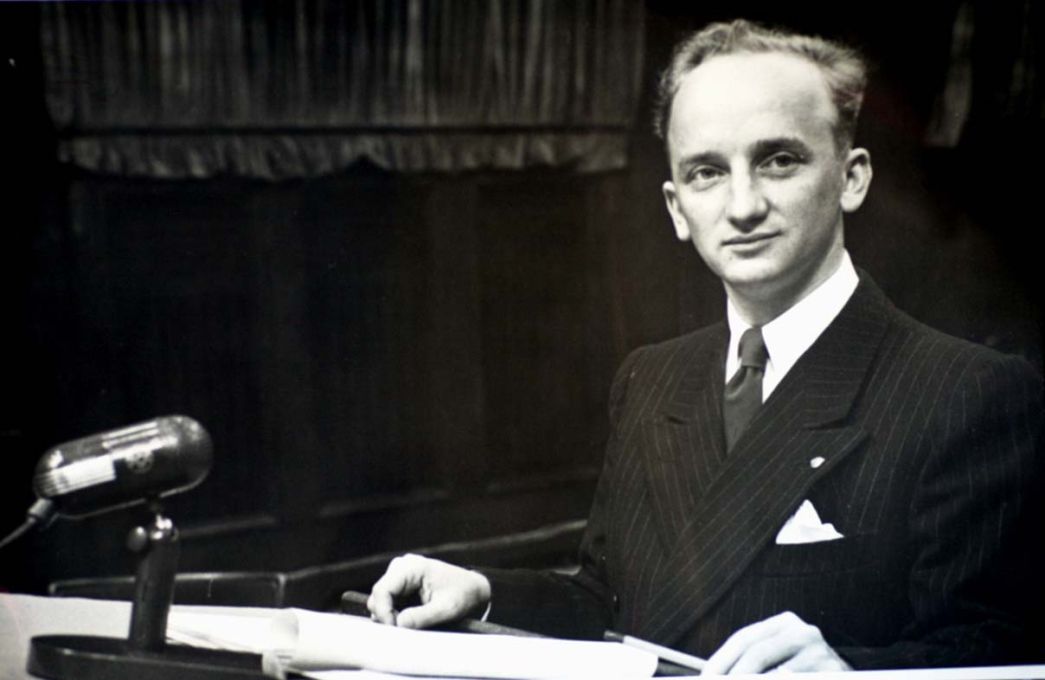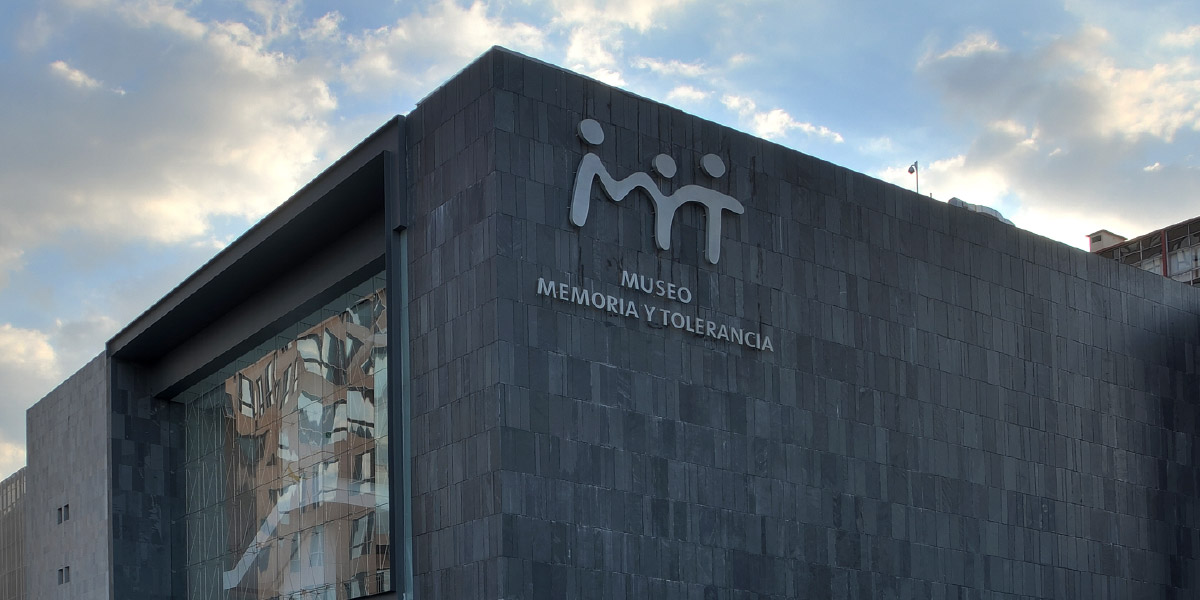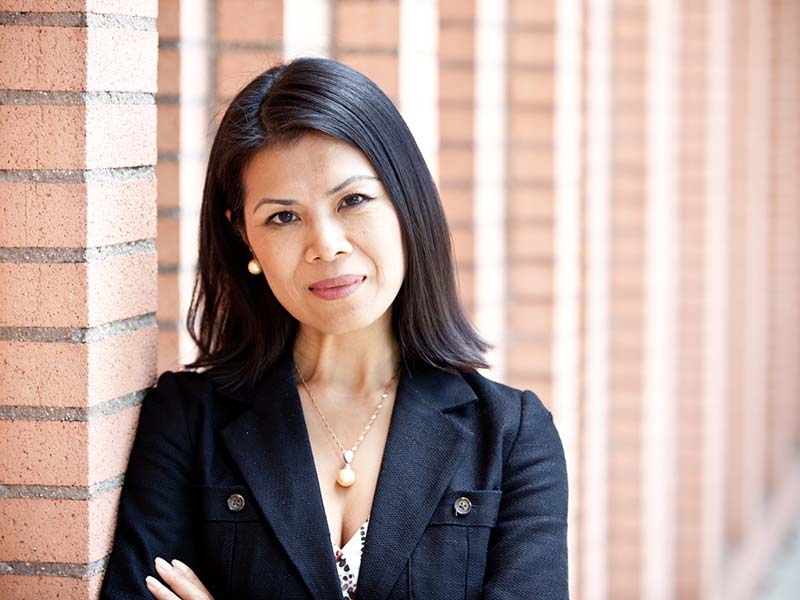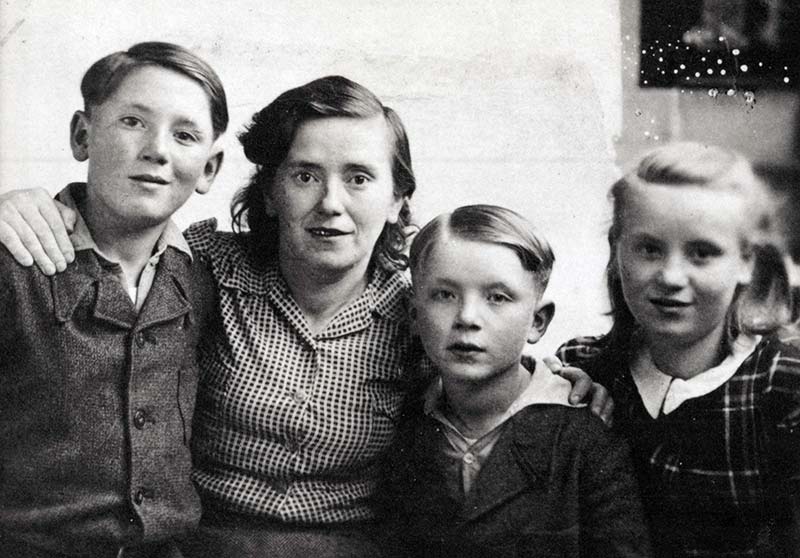All Current News Stories
Ben Ferencz (1920-2023): In His Own Words
In July 2020, Ben Ferencz, the last remaining Nuremberg prosecutor who died earlier this month, sat for a Dimensions in Testimony Education interview.
Below are excerpts from the three-day conversation, which was released today.
On his Place of Birth
Read More
Dimensions in Testimony Education Releases Interview with Nuremberg Prosecutor Ben Ferencz
Ben Ferencz, the last remaining prosecutor from the Nuremberg Trials who passed away in Florida earlier this month, gave countless interviews over the course of his illustrious career.
But surely none was longer, or more technically challenging, than the three-day testimony he gave to USC Shoah Foundation at the height of the Covid pandemic in July 2020.
The need for social distancing necessitated that filming be done remotely, with boxes of sophisticated equipment shipped to Ferencz’s modest Florida home.
Read More
New Partnership to Integrate USC Shoah Foundation Testimonies into Latin American Curriculum
USC Shoah Foundation and The Latin American Network for Education on the Shoah (Red LAES) today launch an educational partnership dedicated to the study, teaching, and dissemination of Spanish-language Holocaust testimonies in Latin America.
The new initiative, announced to coincide with Yom HaShoah, will undertake a range of innovative activities including the creation of a landing page on USC Shoah Foundation’s award-winning IWitness platform that will feature downloadable Spanish-language modules based on testimonies from the 56,000-strong Visual History Archive.
Read More
Nearly 80 Years After The Holocaust, A Survivor Tells His Story
Gerald Szames is 2, maybe 3 years old. He is standing at the foot of the bed, looking at his mother. She is sick, propped up on a pile of pillows.
He has other flashes of memories of life before the Nazis invaded his Polish shtetl of Trochenbrod in 1941, when he was four years old – his grandfather taking him to the mill, his father lifting him up to give him a candy and a kiss.
Read More
You can help us make a difference
Our programs power research, education, and public initiatives that preserve Holocaust memory and support new efforts to counter antisemitism.





